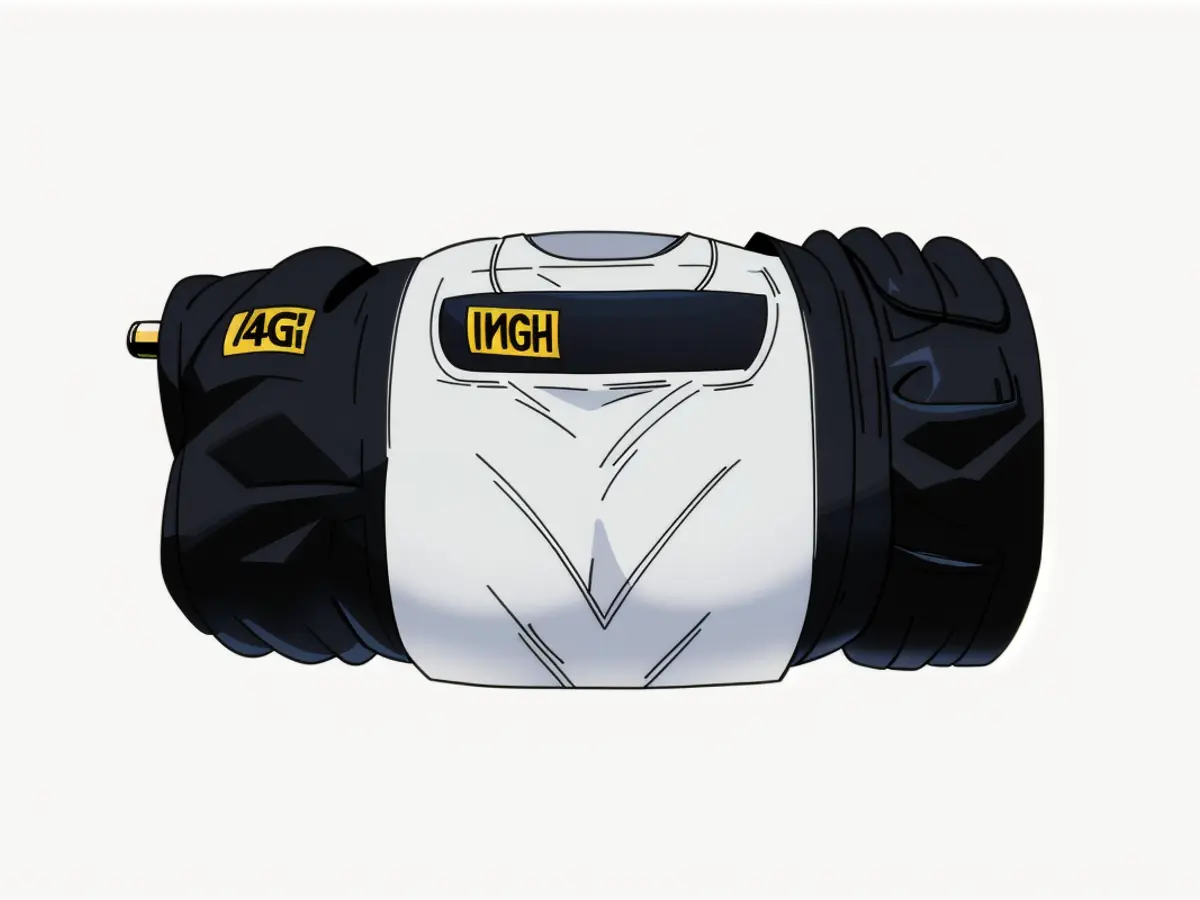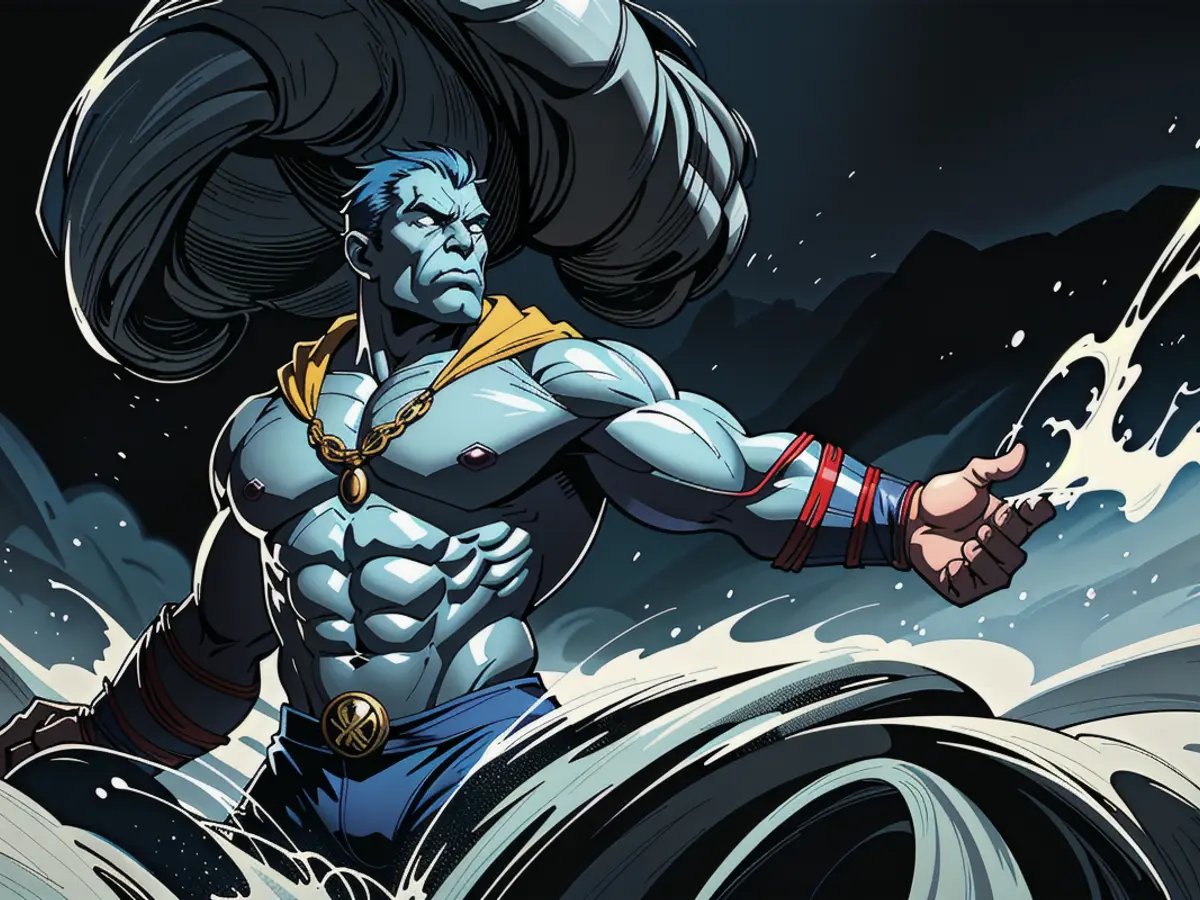The Disastrous Debut of Humane's AI Pin
AI Product by Humane Generates Higher Returns Than Sales as Per Report
A tech calamity shrouds Humane's AI Pin, infamously branded as the "worst product ever reviewed" by tech guru Marques Brownlee. This gadget, designed as an innovative AI alternative to smartphones, has faced an alarming number of returns, causing more concerns than sales, according to a report by The Verge.
Initially, only approximately 8,000 units of the AI Pin avoided returns, but this figure plummeted to around 7,000 as of this Wednesday's report. The initial sales target for the Pin was 100,000 units within the first year, but the company could only manage to sell approximately 10,000, as reported by the New York Times back in June.
The blame does not solely rest with the product's critical reception, as it was plagued with issues such as frequent bugs, sluggish performance, and poor battery life, according to user reviews. Despite its steep price tag of $700, it also demanded buyers to shell out an additional $24 monthly subscription for a T-Mobile unlimited data plan and cloud storage.
Adding fuel to the fire was the projection interface, which fell flat due to unclear outdoor visuals. Humane reportedly overshot their reach and raised a staggering $200 million from investors, of which only $9 million worth of Pins were sold—a hefty 91% of the sold units have already been returned.
In a desperate attempt to save the sinking ship, Humane sought a potential buyer for the company with a price tag of up to $1 billion back in May. A tragic reminder of another AI-driven failure, the Rabbit's R1, which suffered even more debilitating issues, spots AI's limitations as a product and prompts a halt on aggressive AI marketing. As Brownlee suggested, it's wiser to keep AI as a feature rather than a product for now, given the current state of AI-first products in the market.
Key Factors Contributing to the Failure
- Design Over Function: The AI Pin prioritized its sleek design over usability, resulting in issues such as slow response times, frequent overheating, and inconsistent interactions with users.
- Financial Mismanagement: Despite a significant investment of $200 million, Humane lacked a backup plan for financial sustainability and relied heavily on rapid mass adoption to succeed. This strategy backfired when the product met with harsh criticism.
- Lack of Beta Testing: Insufficient beta testing resulted in post-launch complications such as poor battery life, unreliable cloud processing, and temperamental voice commands. Extensive beta testing should have identified and addressed these issues prior to release.
- Absence of an Ecosystem: Unlike successful devices from Apple or Google, the AI Pin lacked an app store, integrations, and seamless device compatibility, limiting its functionality and appeal to users.
- Unrealized Innovation: The AI Pin overpromised on its futuristic, screen-free experience, leading to disappointment when it failed to deliver practical use cases, amid technical issues.
- User and Market Discontent: The support for the AI Pin dwindled due to scathing reviews, such as MKBHD's labeling it as "unfinished and broken." The negative reception further deterred potential customers, resulting in a sharp decline in user interest.
The AI Pin's disastrous start serves as a cautionary tale for ambitious AI projects. As the failure of both the AI Pin and Rabbit's R1 underscores, it's crucial to prioritize a balance between innovation and practical functionality when developing and marketing AI-driven products.
- The reported failure of Humane's AI Pin, nicknamed the "worst product ever reviewed," by tech guru Marques Brownlee, has raised concerns about the capabilities of artificial intelligence in tech products, particularly in terms of returns and market acceptance.
- Surprisingly, despite a hefty investment of $200 million, the AI Pin faced a hefty 91% return rate, highlighting the potential risks and challenges associated with AI-first products in the future.
- The humble returns on the Pin, with only $9 million worth of units sold against the initial target of 100,000, are a testament to the importance of addressing the user's needs in the development and marketing of artificial intelligence technology, including usability, functionality, and practical applications.
- AI technology's potential is vast, but the returns on investments, such as the AI Pin and Rabbit's R1, remind us of the importance of balancing innovation with humane capabilities and user-centered design to ensure the success of AI-driven products in the tech market.








